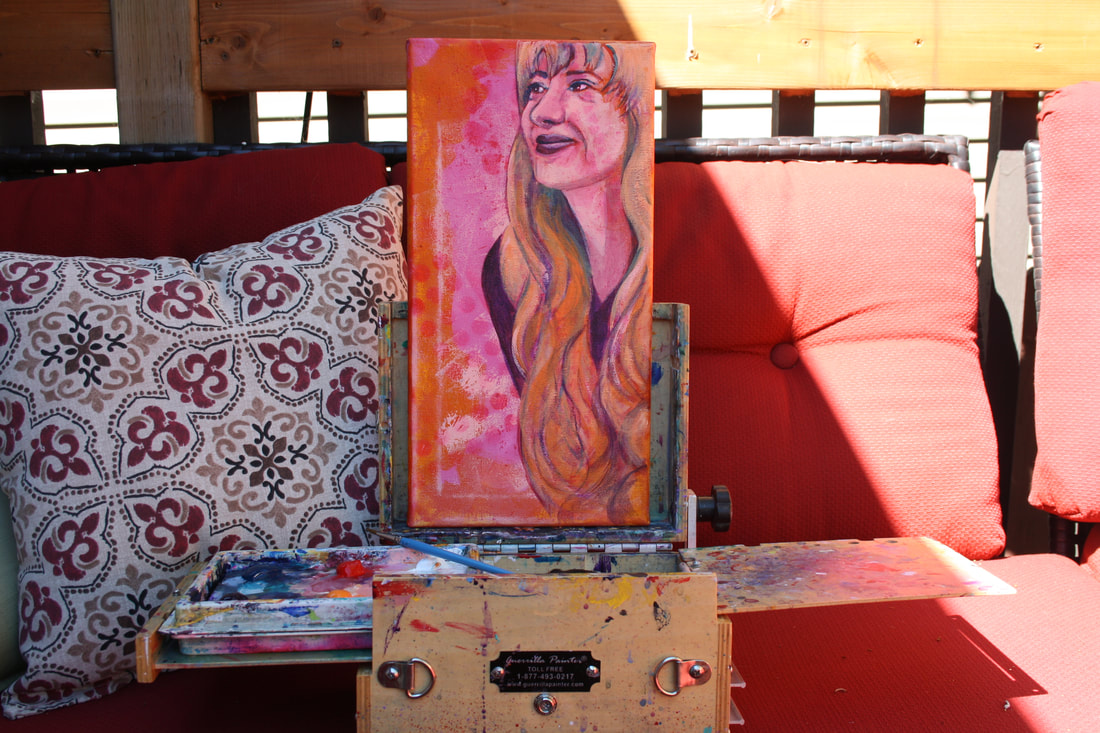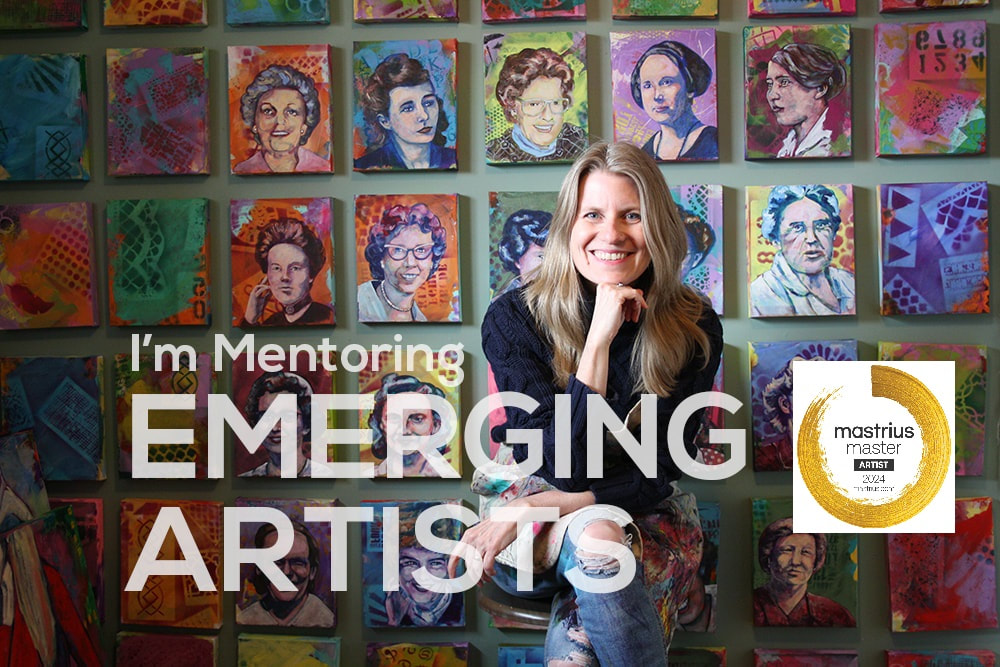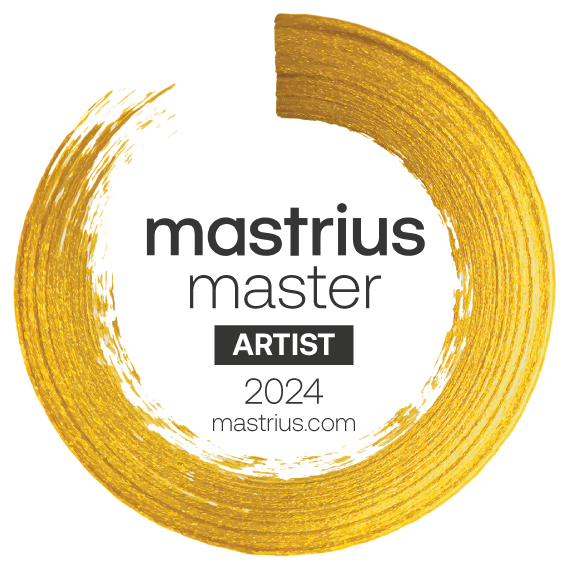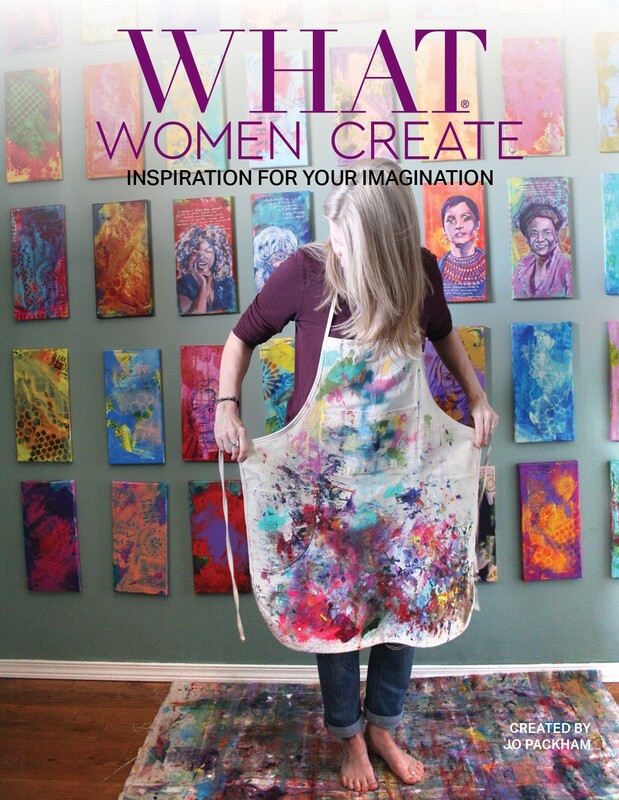One of the most wonderful and engaging things I've learned is that we are the culmination and extension of each other's histories and there is more that binds us together than separates us, and in discovering this, perhaps our needs are timeless and universal. Self-managed, self-produced and the head of her own Quinlan Road label, singer and composer Loreena McKennitt has twice been honored with a Juno, the Canadian music industry's annual award, and was given the Billboard International Achievement Award in 1997.
Born and raised in Morden, Manitoba, she moved to Stratford, Ontario, home of Canada's renowned Shakespeare Festival, in the 1980s. As an actor, composer, and musician, she was featured in a number of Festival productions including The Tempest (1982) and The Two Gentlemen of Verona (1984). In 1985, with the release of Elemental on her own label, she began her career as a recording artist. In more cosmopolitan Winnipeg, she briefly studied to be a veterinarian, before moving on to finally settle in Stratford, Ontario, where her composing and performing skills were soon appreciated in the lively scene around the city's internationally renowned Shakespearean Festival. "I grew up on a farm in Morden, Manitoba, a small prairie community about 80 miles from Winnipeg. It was an interesting community to grow up in. It was comprised of a mixture of Mennonites, Anglo Saxons, a mix of Icelandic people and Ukrainians. The lifestyle was quiet and simple. My father was a livestock dealer and my mother was a nurse. My mother is retired now, and my father has passed away. I think growing up in that rural environment, on the farm, inspired a deep-rooted reverence for the land and the countryside and I sometimes yearn to keep that connection. I currently live in a wonderful old stone farmhouse built around 1830, which is about 10 miles away from Stratford, a little town in southern Ontario." She set up her own record company, Quinlan Road, in 1985, and recorded Elemental, a nine-song cassette. She ran off copies and began selling them from her car while meeting the public on the most immediate level, as a busker. "I first became exposed to Celtic music at a folk club in Winnipeg in the late 70's. Several members of the club hailed from Ireland and England, and through them I learned a lot of the traditional repertoire. Also, the way the music was performed impressed me. The club was a very casual place, everybody took a turn playing songs, and people would sit in and play along. When I visited Ireland, I saw this very relaxed extension of people's self-expression. The music wasn't just relegated to a more formal concert atmosphere, which psychologically changes the whole experience." As McKennitt's mailing list grew, word of mouth in cafes and bookshops built her a significant audience. Her growing audience empathized while McKennitt explored the traditional canon, always seeking the reverberation that would make an ancient voice harmonize with her own. She's particularly proud of tracking down "Bonny Portmore", included on "The Visit". An obscure ballad mourning the loss of ancient British stands of oak, once worshipped by pre-Christian tribes, it has a contemporary relevance to today's fight to save old-growth forests. A pivotal moment for McKennitt's evolution occurred in 1991 in Venice, Italy, at the largest ever exhibition and collection of international Celtic artifacts. "Until I went to that exhibition. I thought that Celts were people who came from Ireland, Scotland, Wales, and Brittany," recalls McKennitt. Seeing the unimagined riches and variety in the centuries of Celtic art gathered from as far afield as Hungary, Ukraine, Spain, and Asia Minor, she recalls, "I felt exhilarated. It was like thinking that all there is to your family are your parents, brothers and sisters, and then you realize there's a whole stretch of history that is an extension of who you are." That epiphany transformed McKennitt's music. ~ Maireid Sullivan, Celtic Women in Music Comments are closed.
|
|




